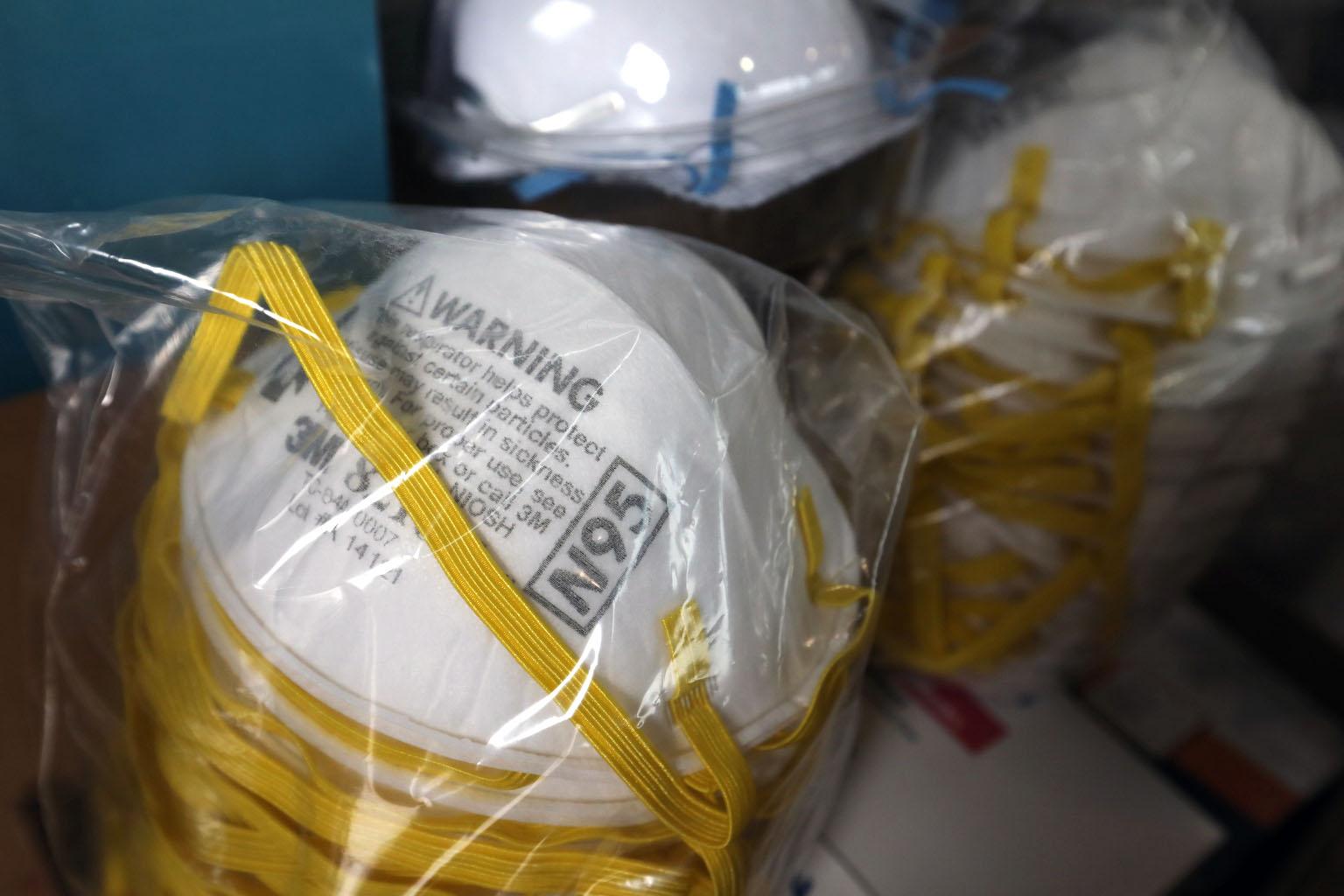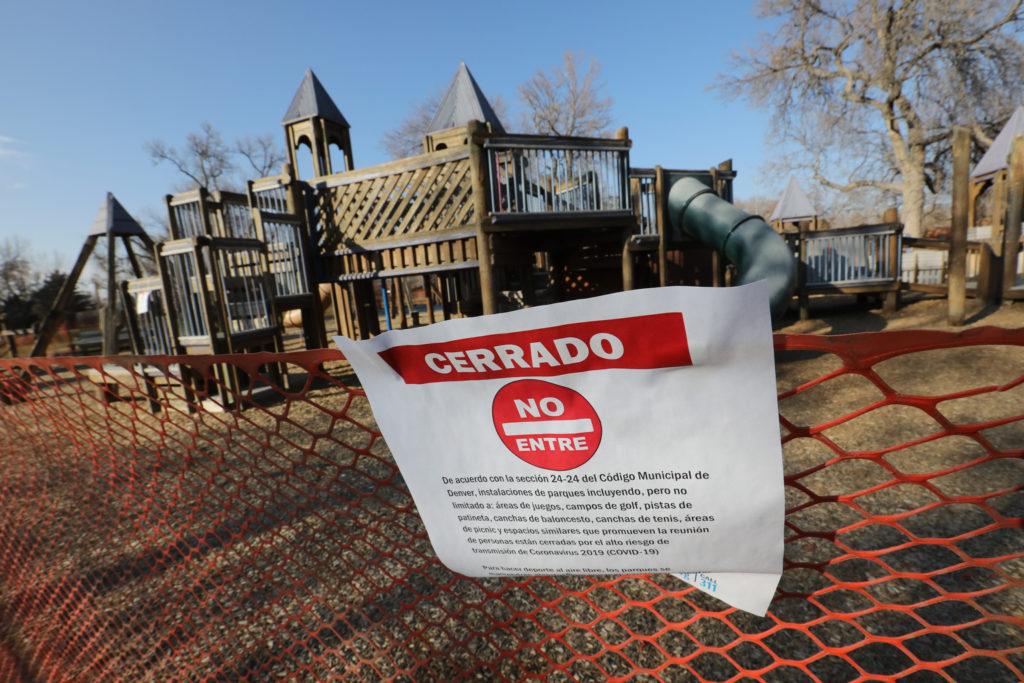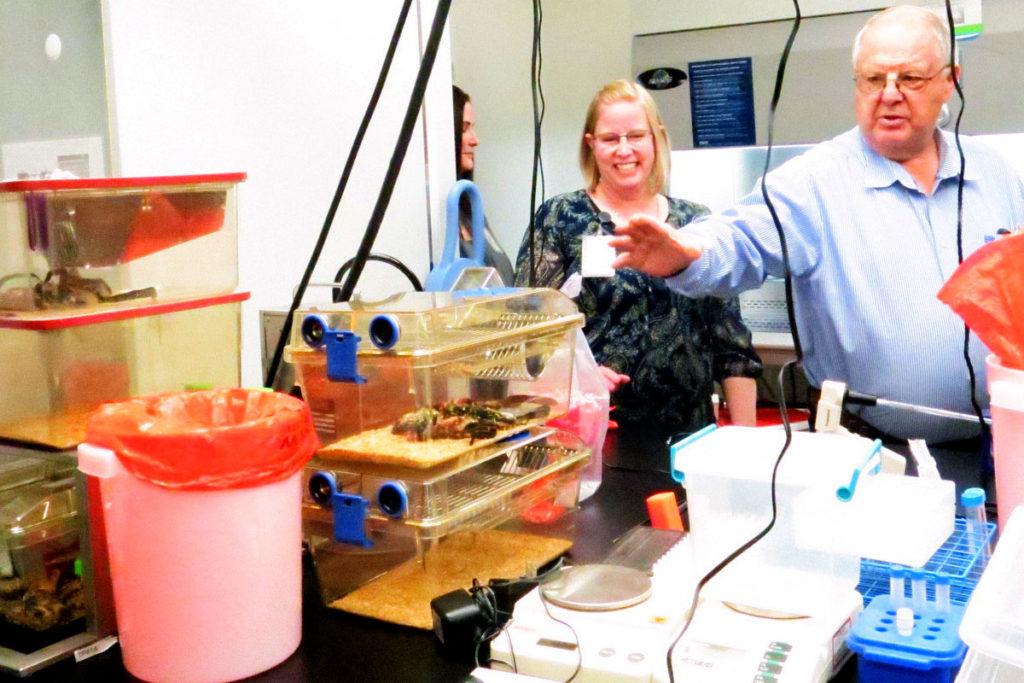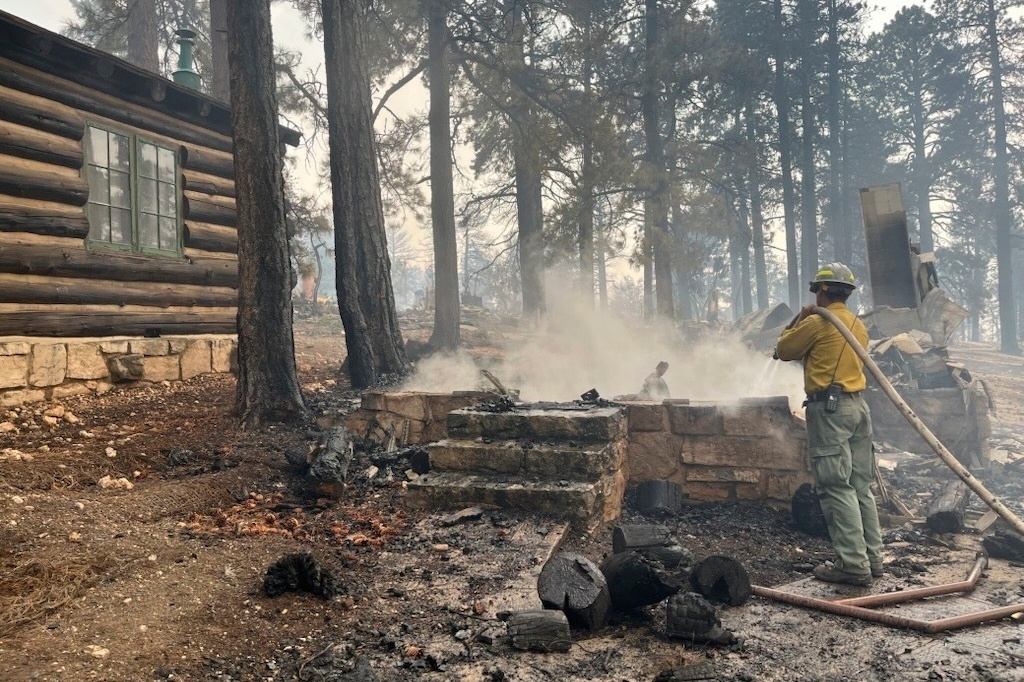
Two weeks ago, I took my son to the playground near our house in Denver. He climbed up the stairs to the top of the tallest slide, stopping to watch the bigger kids glide right past him. My son waited his turn, then grinned and slid down, skating off the end into my arms. It was routine and also a highlight of our weekend.
Now, when we go out for a walk, I pick up the pace to a jog when we start approaching the playground. My son, who’s just starting to talk, points and says “slide.” I ignore him, hoping he’ll forget about it. We can’t stop and slide today. They’re closed, as of last Thursday. Even before that, I wouldn’t have stopped. What if one of the other kids, or their parents, inadvertently brought the new coronavirus to the playground?

Life has changed in so many of these small ways. Then there are bigger ways: Tens of thousands of unemployment claims in Colorado. Thousands of people here are sick with a disease we still don’t know enough about. Dozens have died in the state, as of today. We anticipate more will.
At a time when so much is changing so significantly — and so quickly — the need for meaningful news and information is higher than on a normal day. What’s closed off? How can I safely buy groceries? How should I interpret the new numbers of positive tests? Is there any relief for people being laid off? How can I help my neighbors?
CPR News has changed its work schedules and its priorities to meet that demand. We have more journalists working early mornings, evenings and weekends than ever before. That’s because in just one week, the governor closed K-12 schools around 5:30 p.m. on Tuesday. In combing through an executive order at 6:48 p.m. on Wednesday, we saw the state health department restricted gatherings of more than 10 people. Then Rocky Mountain National Park closed indefinitely around 8 p.m. on Friday.
Many of these orders have taken effect within hours of their issuance, and our role is to bring you factual information when you need it and in the place that you look for it — whether that's on your radio, your phone, your smart speaker or your computer.
The “factual” part is as important as ever. There are people trying to intentionally deceive the public right now. From CPR’s first stories about the new coronavirus, we pledged not to report speculation, and to do everything we could to prevent stoking fear unnecessarily. We’re thoroughly vetting scientific information with experts working in the field, and we’re careful about which sources we trust on what developments in the story.
Specifically, when it comes to virus behavior (like whether asymptomatic people can spread it, or how long it lives on surfaces), we get multiple sources to confirm new information before we report it. We compare revelations from the state health department, the WHO and the CDC with emerging scientific research from around the world.

We take this responsibility really seriously. And yet, we also want to help you find moments of joy. Uncertainty — which abounds these days — can breed fear and sadness. Moments of joy and connection are the antidote. CPR journalists are on the lookout for online concerts, baby animal news, and other reminders that life finds a way, even during a pandemic. We’re connecting you with Coloradans who have a personal story to tell during this pandemic.
No one knows how long this all will last, but it appears gatherings and “normal” life will be on hold for at least several more weeks. CPR News wants to hear from you about what you want from your journalists and your public media right now.
I confess it’s been hard to help run this newsroom and keep my toddler cooped up for the past few weeks. Thank you to everyone who’s emailed or contacted CPR on social media. You keep us going, and I hope in turn, we keep you going, too. Someday before too long, I hope we can even thank you in person.









